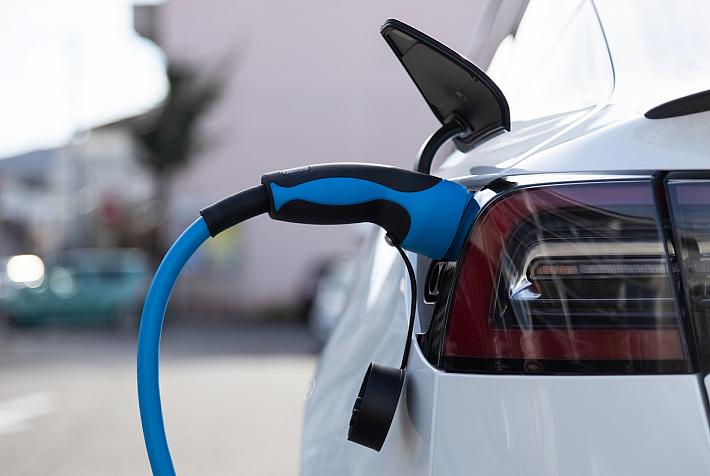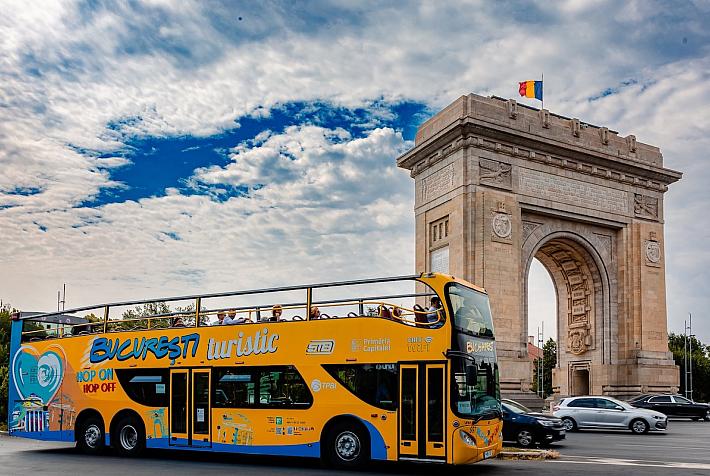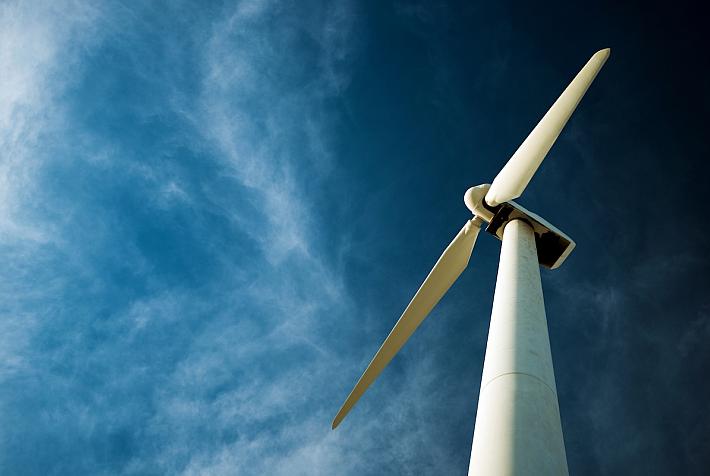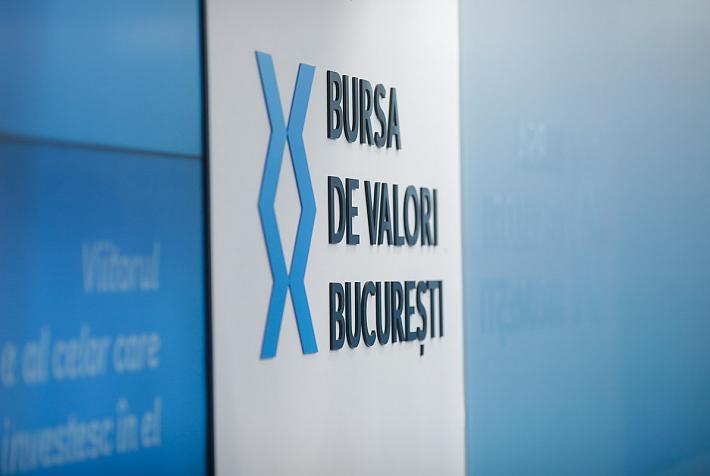Romania ranks low in KPMG's 2015 Change Readiness Index

Romania ranked 79th in the 2015 Change Readiness Index (CRI) conducted by KPMG International in partnership with Oxford Economics.
CRI ranks a total of 127 countries for their capacity to prepare for and respond to accelerating change brought about by natural disasters and economic and political shocks, to long-term trends such as demographics, and new technologies.
The survey’s results are based on three main pillars, namely enterprise capability, government capability and people and civil society.
Romania has improved its overall score from the previous survey in 2013, according to KPMG. The country scored best for the people and civil society capability, although its score for this category has fallen compared with the last survey.
Income is one of the most important factors when it comes to increasing change readiness. Although Romania is included in the upper-middle income countries category (USD 4,086-12,615), the country is outpaced in the CRI ranking by 13 lower-middle income countries and even by 5 low-income countries from Africa.
Romania belongs to the Eastern Europe and Central Asia group of countries, where it ranks 14th out 16 countries. The Czech Republic, Hungary and Slovakia are the top three countries in this category.
Romania is ranked 79th for enterprise capability which reflects the soundness of a country’s business environment, according to KPMG. It performs better in terms of technology infrastructure (being at number 50), economic openness (51) and labor market flexibility (61).
This category’s subdivision which is cause for concern is innovation and R&D, for which Romania performs badly (109) due to poor financing and cooperation between research institutes and industry. Romania also ranks low when it comes to the business environment (95th place), and the financial sector (93rd place).
Government capability is Romania’s weakest pillar in the change readiness index, for which the country ranks 86th. This is mainly caused by poor government strategic planning as well as suboptimal fiscal and budgeting management. Romania also ranks poorly in terms of responsiveness to environment and climate change as well as food and energy security. However, the country has shown signs of improvement in terms of bureaucracy, positive regulatory policies and a more stable macroeconomic framework, for which it is placed near the average of the ranking.
On the other hand, people and civil society are Romania’s strongest capability, taking 62nd place in the ranking. The country’s weakest point lies in its demographics, as it is ranked 126th out of 127, due to a low fertility rate and high migration.
According to the survey, Romania has poor safety nets and entrepreneurship capabilities, as a result of low support from the state. It ranks well in terms of technology use, inclusiveness of growth and good health, due to high life expectancy at birth (74.6 years) and a low infant mortality rate.
Singapore ranks first in the ranking, followed by Switzerland and Hong Kong. The top ten is completed by Norway, United Arab Emirates, New Zealand, Qatar, Denmark, Sweden, and Finland.
Romania, 62nd most economically free country in international rankings
Where does Romania stand in the world competitiveness ranking?
Romania up 17 places in WEF’s Global Competitiveness Report
Irina Popescu, irina.popescu@romania-insider.com











